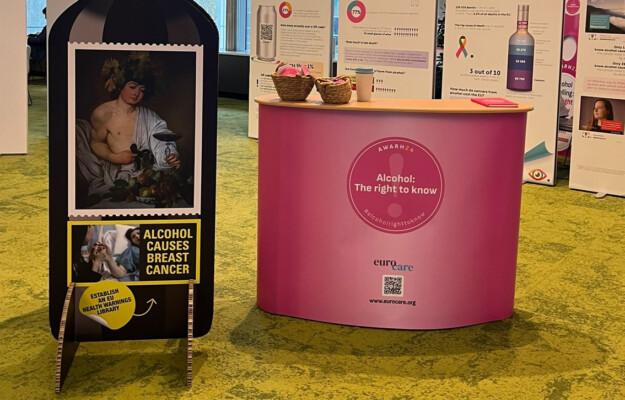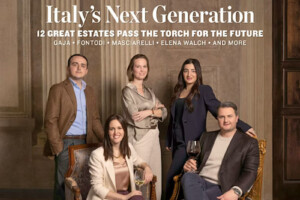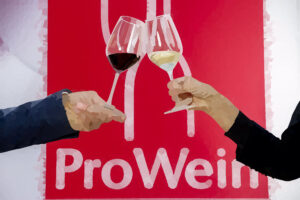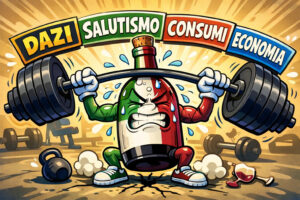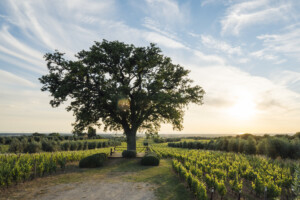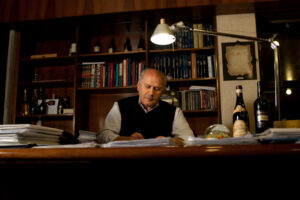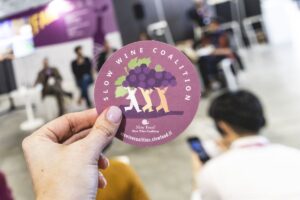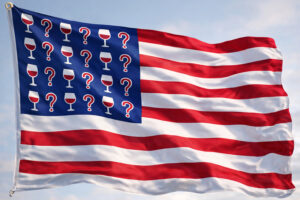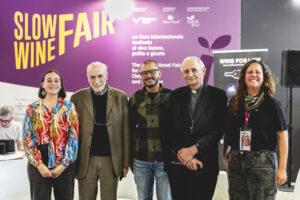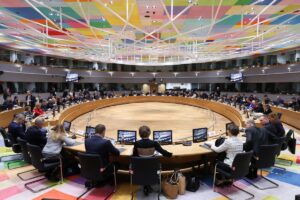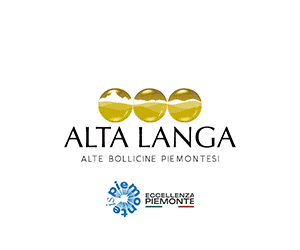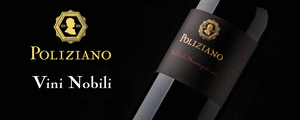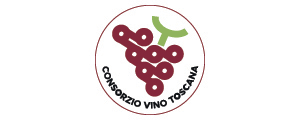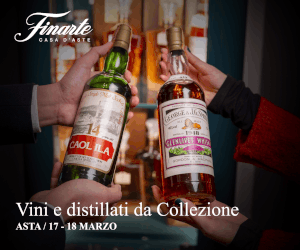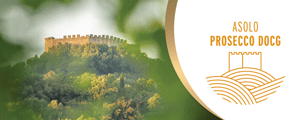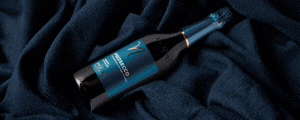It is a regularly returning debate that apparently cannot find a balance between information and alarmism, prevention and the culture of moderate consumption, typical of the product wine, which is ageless and part of our (and many European Countries) deepest roots. Wine was cited in the Bible as a symbol of life, and even then warnings were also given about excessive (and therefore harmful) use of the drink, emphasizing the importance of quantitative value. Centuries have gone by, but in general, the world is still divided between “pro” wine and spirits, and “con”. The division is also ideological, and of course, political (keeping in mind International studies and their various positions), which seems to be more prominent due to the spread of healthism. Just recently, furthermore, the controversy has been reignited. At the heart of the matter are the so-called health labels. It has been requested to make it obligatory to explicitly state the contents of the bottle, in terms of ingredients, and about the risks, not of abuse, but of consumption, on the label, to send a stronger message, in the eyes of consumers. These “health warnings” have already caused an “uproar” in the world of alcoholic beverages. For instance, the “Ireland case”, when Ireland declared it was in favor of putting alarmist messages about the effects of alcoholic products on human health on the labels of all alcoholic beverages. The debate was rekindled during the European Alcohol Awareness Week (AWARH24, December 3rd -6th), the campaign managed by Eurocare (an alliance of NGOs that work on analyzing European Union policies and support reducing alcohol-related harm in Europe), together with other organizations. Plus, there is an interactive exhibition stand in the main building of the European Parliament (in Strasbourg, ed.). One of the images on display, in particular, showing a bottle of wine with the image of the famous Italian painter, Caravaggio’s “Bacchus”, and a direct reference to the fact that “alcohol consumption causes breast cancer”, has sparked discussions and interventions by FEDERDOC, Italian federation for protection of doc wines, the organization that brings together almost all of the Italian wine Consortiums in defense of one of the symbolic Made in Italy products.
“FEDERDOC, together with EFOW, the European Federation of Geographical Indication Wines, expresses its concern about the content of the posters displayed during the European Alcohol Awareness Week 2024, inaugurated on December 3rd at the headquarters of the European Parliament. The posters displayed at the European Parliament and visible until the end of the event, depict a bottle of wine whose label lists ingredients not used in wine products, such as ethanol, as they are not permitted and covered by the current legislation. Moreover, to promote the campaign, the image of Caravaggio’s “Bacchus” that the Ministry of Agriculture used at the last Vinitaly to represent the existing link in our Country between wine and culture, was reproduced on the same label”. The president of FEDERDOC, Giangiacomo Gallarati Scotti Bonaldi, added, “it is unacceptable that a communication campaign, financed by the European Union and the European Regional Office of the WHO, offers consumers such misleading communication on the wine product, representing it as the result of ingredients not permitted by European legislation. The wine sector is also currently the only sector, among alcoholic beverages, at the European level, which has adopted labelling rules on ingredients, calories and nutritional values, precisely to inform consumers correctly and to demonstrate its transparency based on the quality and healthiness of its products”. Even politicians were not indifferent to the images in question, and Silvia Sardone, MEP of the Lega, in a video on Instagram, spoke of the “criminalization of wine in Europe”, underlining the lack of considering factors such as the “quantity consumers use”, and the “quality of the products”.
In the description of the event it was reported that “this year’s campaign aims to raise awareness among members of the European Parliament, politicians and other interested parties regarding labelling alcoholic beverages and the right of citizens to know what is in their alcoholic beverage, acknowledging their right to make informed health choices.
Currently - the supporters of the campaign wrote - alcoholic beverages are the only consumer product in the European Union exempt from mandatory labelling of ingredients and nutritional values”.
Eurocare explained that it has “become a recognized partner in the field of alcohol policies, collaborating with the European Commission, the European Parliament, the Permanent Representations, the OECD and the World Health Organization”. It added that it “has been a partner and leader on several projects funded by the European Union”, even though, they had written on the last page of the document, “Alcohol Labelling & Health Warnings”, under the now disputed image, “the opinions expressed do not necessarily reflect those of the European Union”. The position of Eurocare, an International non-profit organization registered in Belgium, “on the labelling of alcoholic products is simple and straightforward. Alcohol products should provide nutritional and ingredient information in line with other products sold to consumers, and consumers should be informed of the main health risks of products that have a substantial impact on the health and well-being of EU citizens”. The battle has been going on for a long time, considering that “the exemption of alcoholic products from labelling obligations has been in effect for almost 50 years. There have been some examples of good practice by individual producers and retailers, but they have been very few and far between. The wine and spirits sectors have registered particularly bad results, since 97% of wine products and more than 75% of spirits have not reported information on ingredients”. Eurocare also states in the dossier “Alcohol Labelling & Health Warnings”, that “it is clear that the most powerful sectors of the alcohol industry are opposed to providing information to consumers. The main obstacle to progress has been their actions aimed at denying and diminishing effects caused by alcohol”.
Supporters of the Eurocare campaign therefore believe that “there is no scientifically determined safe level of consumption with regard to cancer risks”. This definition, however, seems to disregard the cultural, environmental and social values that belong to wine, and that are the pillars of the European campaign in favor of the VITÆVINO Declaration. It is an initiative that supports “acknowledging responsible and moderate wine consumption as part of a healthy and balanced lifestyle”, and which has secured the support of eight Countries in the Old World: Italy, Austria, France, Germany, Portugal, the Czech Republic, Slovakia and Spain. Meanwhile, the debate continues, and the wine world is following it with great concern.
Copyright © 2000/2026
Contatti: info@winenews.it
Seguici anche su Twitter: @WineNewsIt
Seguici anche su Facebook: @winenewsit
Questo articolo è tratto dall'archivio di WineNews - Tutti i diritti riservati - Copyright © 2000/2026










